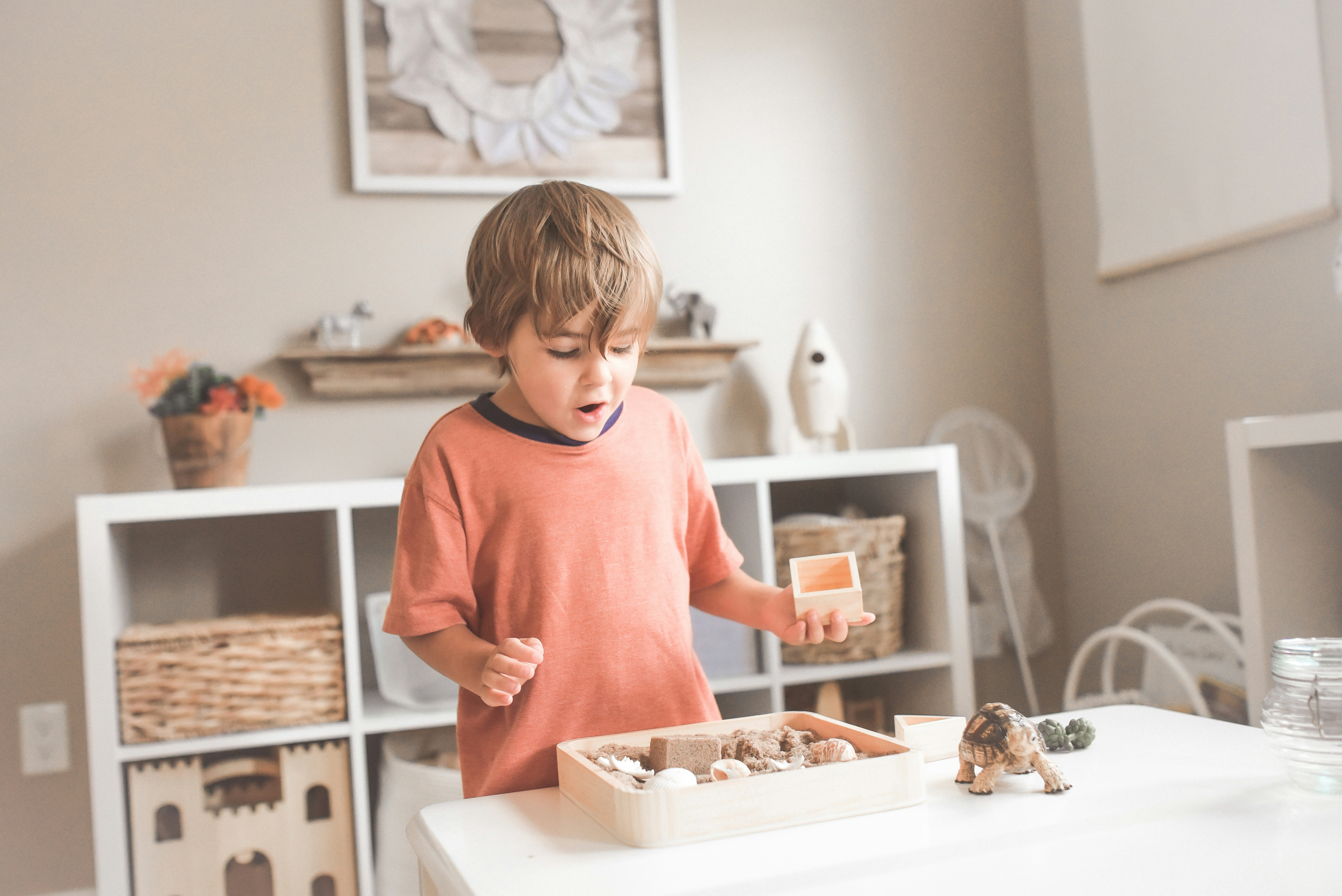It’s true that one day, in the not-so-distant future, there won’t be handwritten letters to Santa or, love it or hate it, the silly antics of elves to wake up to each morning. There won’t be Christmas artwork on the fridge or nativity plays to attend either. The festive outings and Christmas lights will remain, but perhaps they will lose their sparkle when not seen through the eyes of your children and in the context of their littleness.
We fear the worst: waking up one day and realising that not only will we never have the chance to relive Christmas while our children are little again, but we may also feel we should have done more to make the most of it. This pressure to make the most of the season, along with the evidence we see on social media of other parents seemingly getting it right, only intensifies what parents of small children feel.
This leads to constant questioning of whether we are doing enough to maximise this time with our kids. We can end up chasing ideals and a romanticised version of Christmas—filled with matching outfits, magical family outings, and wholesome festive experiences that create picture-perfect memories. Yet, in attempting to bring this vision to life, it often turns into less magical moments and more meltdowns—far removed from the idealised scenes we had in mind. This can leave us feeling like we’re getting it wrong as mothers of small children.
The pressure to create magical memories, combined with the mental load, overstimulation, and the need to do Christmas "the right way," can lead to disappointment or guilt when we feel we aren’t measuring up. It can get overwhelming. Here’s the truth: the only right way to do Christmas is your own way. Truly making the most of it comes from doing things that you and your family genuinely want to do—not from doing what you feel you should.
As a mother of three small children (all under six years old) and someone who helps mothers find their own path in this part of life, I’d like to share some ways to confidently reclaim Christmas as your own, creating more room for joy in the process.
.jpeg)
Take a deep breath, relax the space between your eyebrows, let your shoulders drop, and then...
Spend some time as your future self—imagine you are a few years ahead, and your children aren’t so little anymore. Looking back, what do you want to remember? How do you want to feel? Use this reflection to pinpoint what truly brings you and your family joy at this time of year and give yourself permission to let go of the rest.
Embrace the idea of "good enoughness" during Christmas, just as we do all year round. Accept that not every day will be magical, even during the holiday season; that’s just real life, and it’s okay. This doesn’t mean settling for a substandard Christmas; rather, it means acknowledging that not every day will feel the same. It’s about making space for all experiences and emotions—from excitement to disappointment. A "good enough" Christmas allows flexibility, breathing room, and greater joy.
Increase that joy by engaging your senses. Pay attention to the smells, sounds, and tastes of the season. This mindfulness helps you reconnect with the present moment, activating your brain's here-and-now systems. It not only calms you but also helps you savour the small joys of the season. This kind of sensory anchoring makes your memories more vivid and accessible in the future.
Look for ways to create more space in your festivities. Contrary to popular belief, having more plans doesn’t mean making the most of the passing time. In fact, overloading your calendar can make time seem to pass even faster. While time will inevitably move on—perhaps even more quickly than we’d like—it feels even faster when we’re too busy. By creating space in our days and slowing down, we can experience time differently. Slowing our perception of time by doing less can help create richer, more lasting memories. In other words, by doing less, you might actually experience more.
All information we provide is for educational and awareness purposes only. Any concerns should be discussed with your GP, Midwife or Healthcare Professional.
If you’re trying to conceive (TTC), you probably know that there are certain foods and nutrients that become especially important once you’re pregnant. But nutrition plays a vital role even when trying to conceive, much like laying a strong foundation before constructing a house.
Certain nutrients create that foundation by supporting egg and sperm health (yes, nutrition matters for both partners), hormone balance and creating a hospitable environment for a fertilized egg to implant. In fact, studies show that certain nutrients can help increase fertility and improve success rates for both natural conception and fertility treatments.
In other words, nutrition is a key player in the TTC journey, but getting the right nutrients in the right quantities can be tricky. That’s where supplements come in. Just as you’d take a multivitamin to fill in nutritional gaps for optimal health, fertility supplements can give you that extra nutrient boost.
Choosing supplements for your fertility journey
When choosing a supplement to support your fertility journey, look for science-backed, high-quality ingredients. Our editors are careful to select and partner with brands that use ingredients that have been clinically studied to support fertility. Eu Natural® (pronounced you) covers all those bases and more. We love knowing that Eu Natural® products contain zero artificial additives, binders, or fillers and are lab-tested to ensure purity and potency.

When choosing a supplement to support your fertility journey, look for science-backed, high-quality ingredients. Our editors are careful to select and partner with brands that use ingredients that have been clinically studied to support fertility. Eu Natural® (pronounced you) covers all those bases and more. We love knowing that Eu Natural® products contain zero artificial additives, binders, or fillers and are lab-tested to ensure purity and potency.


.png)


.jpg)

.png)
.jpg)


%20copy-min.jpeg)

